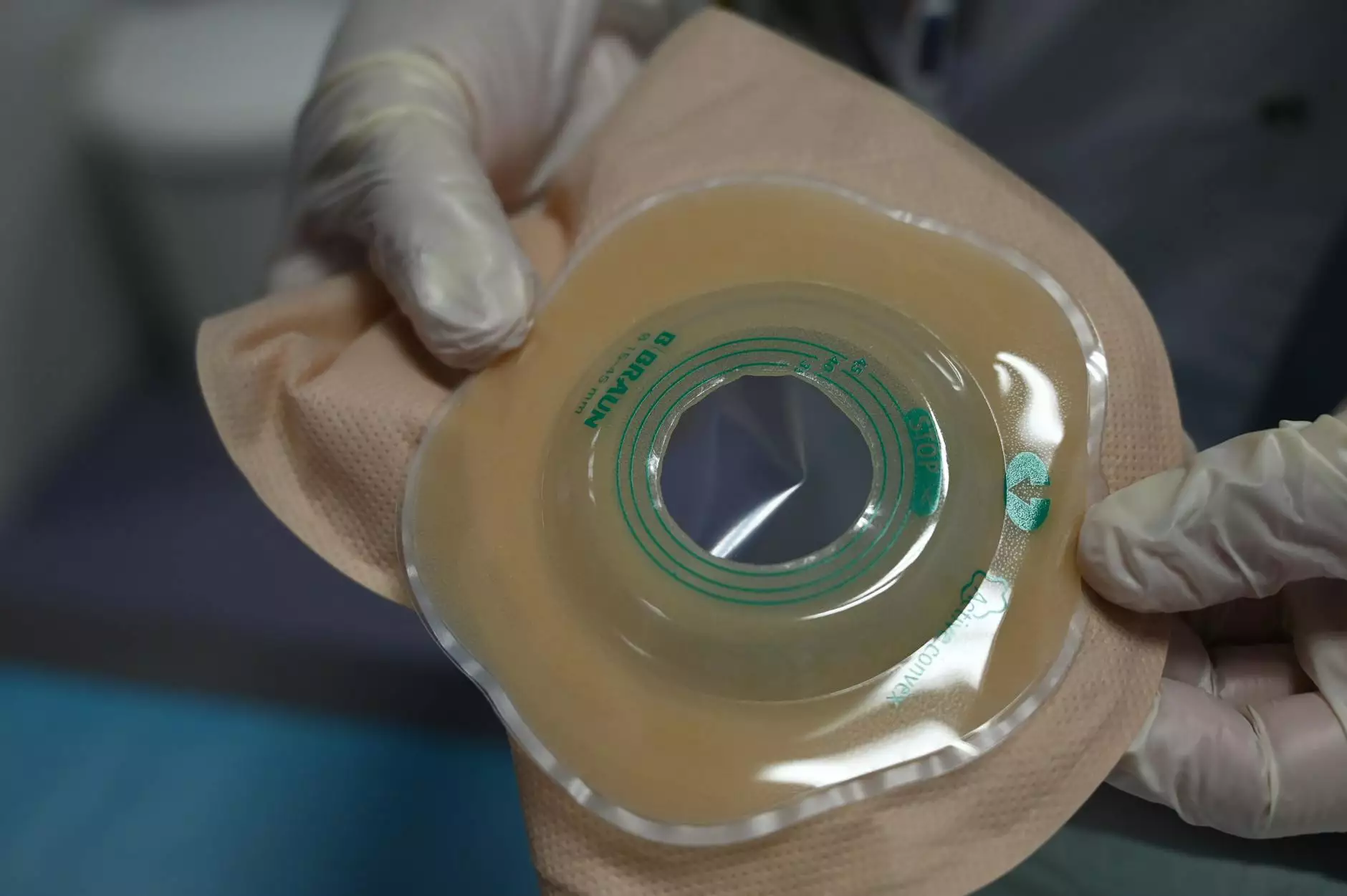Understanding Swelling: A Comprehensive Guide for Patients and Practitioners

Swelling is a common physical condition that many people experience at various stages of their lives. But what does swelling mean, and why is it important in the realm of health and medicine? This article aims to unravel the intricacies of swelling, its implications on vascular health, and how it interacts with various medical conditions.
1. What Does Swelling Mean?
In basic terms, swelling refers to a part of the body becoming larger or puffier than normal. This observable phenomenon is generally a symptom of an underlying condition rather than a condition in itself.
1.1 The Medical Definition of Swelling
Medically, swelling, or edema, is characterized by an accumulation of fluid in the body's tissues. This can occur in various areas including the legs, arms, abdomen, and face, and may result in noticeable changes in size and shape.
2. Types of Swelling
Swelling can be categorized in several ways based on its cause, duration, and location:
- Localized Swelling: This type occurs in a specific area, such as an ankle sprain or insect bite.
- Generalized Swelling: Often seen in conditions like heart failure or kidney disease, this encompasses larger areas of the body.
- Acute Swelling: Rapid onset swelling, typically due to injury or infection.
- Chronic Swelling: Long-lasting swelling often associated with ongoing medical conditions.
3. Causes of Swelling
Understanding what swelling means also involves identifying its potential causes, which can be numerous and varied:
3.1 Injuries
Injuries such as sprains, strains, fractures, or trauma often lead to localized swelling as the body's inflammatory response activates.
3.2 Medical Conditions
Certain medical conditions can lead to swelling, including:
- Heart Disease: Inadequate circulation can cause fluid to accumulate in the body.
- Kidney Problems: Impaired kidney function can prevent the body from effectively managing fluids.
- Liver Disease: Conditions like cirrhosis can disrupt the body’s fluid balance.
- Thyroid Disorders: Hormonal imbalances can affect fluid retention.
3.3 Allergies
Allergic reactions can lead to swelling, particularly in the face, such as in cases of angioedema.
3.4 Infections
Infections often lead to localized swelling as the immune system works to combat pathogens by increasing blood flow and fluid into affected tissues.
3.5 Medications
Certain medications can cause swelling as a side effect, such as nonsteroidal anti-inflammatory drugs (NSAIDs) and some blood pressure medications.
4. The Implications of Swelling on Health
Recognizing the significance of swelling is crucial for effective treatment and management of health conditions.
4.1 In Vascular Medicine
In the field of vascular medicine, swelling can often indicate problems with blood circulation, which could lead to more severe conditions if left unaddressed. Patients seeking care should understand the relationship between swelling and vascular health.
4.2 Impact on Quality of Life
Swelling can significantly impact a person's quality of life. It may lead to discomfort, limit mobility, and create emotional distress due to altered physical appearance.
4.3 Urgency in Treatment
In some cases, swelling can indicate a medical emergency, such as in the event of anaphylaxis or deep vein thrombosis (DVT). Understanding the context of swelling can aid patients in determining when to seek immediate medical attention.
5. Treatment Options for Swelling
Addressing swelling involves several approaches depending on its cause:
5.1 Home Remedies
- Elevation: Elevating the swollen area can help reduce fluid accumulation.
- Compression: Wearing compression garments can assist in minimizing swelling.
- Ice Therapy: Applying ice can reduce inflammation and provide relief for acute injuries.
5.2 Medical Treatments
For persistent or severe swelling, medical intervention may be required:
- Medications: Diuretics may be prescribed to help the body eliminate excess fluid.
- Surgical Options: In certain cases, surgical interventions may be necessary to address the underlying cause.
- Physical Therapy: Rehabilitation can improve circulation and decrease swelling in chronic cases.
6. Role of Truffles Vein Specialists in Managing Swelling
At Truffles Vein Specialists, we are dedicated to providing comprehensive care for patients experiencing swelling as a result of vascular issues. Our team of experienced doctors specializes in understanding the fundamentals of swelling, ensuring that we can deliver personalized treatment plans that target the root cause.
6.1 Patient-Centered Care
We believe in a patient-centric approach that focuses on education and empowerment. Our patients are informed about what swelling means in their specific context, allowing them to participate actively in their treatment decisions.
6.2 A Multidisciplinary Approach
Working closely with other healthcare professionals, our team ensures a holistic approach to managing vascular health and its manifestations, including swelling. Together, we coordinate care that addresses all aspects of a patient's health.
7. Conclusion
Understanding what swelling means is essential for patients and healthcare providers alike. It is not just a physical symptom but a complex indicator of the body’s internal state and a signal of possible medical issues that require attention. By recognizing the causes, implications, and treatment options related to swelling, individuals can take proactive steps towards better health and improved quality of life.
At Truffles Vein Specialists, we are committed to providing expert care and guidance for those dealing with swelling and its underlying conditions. Through our comprehensive services, we aim to enhance our patients' health and well-being by addressing both their medical needs and personal concerns.
Contact Us: For more information on vascular health and swelling management, visit our website at trufflesveinspecialists.com.









